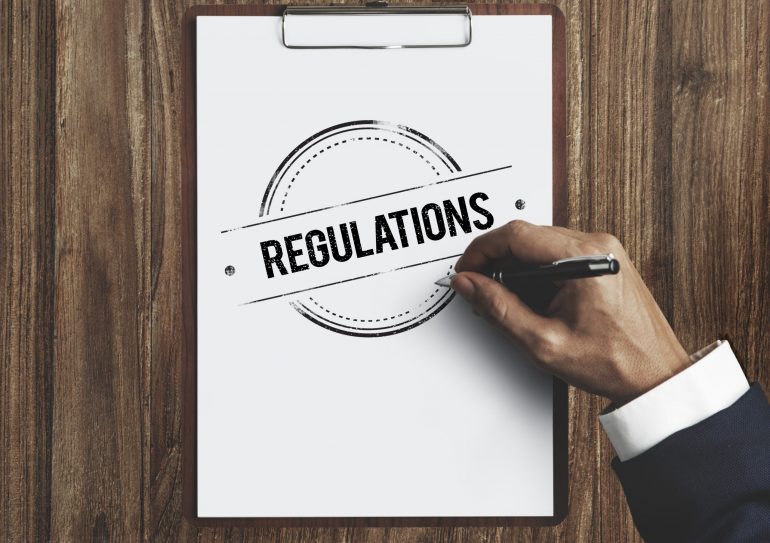
HOW TO IMPROVE SELF-REGULATION?
Learning How to Be More Aware.
What is your idea of a “perfect leader?”
Could a perfect leader be someone who never allows his or her emotions to get out of control regardless of the situation he or she is in? Or is it a person who is highly attentive to their team, places high trust on their employees, and always make careful, informed decision?
These could all be qualities of an individual with a high degree of emotional intelligence.
5 key elements that makeup Emotional Intelligence
While technical skills are crucial for a good leader to be successful in their job, it is equally important for them to possess the emotional element to be a great leader. This emotional element sets apart a good leader and a great leader. Emotional intelligence helps a leader to effectively coach team members, manage stress in the workplace, deliver feedback positively and collaborate with other individuals.
Self-regulation is the second of 5 elements of Emotional Intelligence. Self-regulation is defined as the ability to control and manage oneself and their emotions, inner resources, abilities and impulses (Skills You Need, 2021). Self-regulation consists of 5 elements:-
- Self-control
- Trustworthiness
- Conscientiousness
- Adaptability
- Innovation
A leader is ought to have these elements to be able to regulate and manage their emotions. Self-regulating one’s emotions mean being able to wait for the right time and place to express themselves without hindering their emotions. In short, it is all about expressing your emotions “appropriately”.
Daniel Goleman, a psychologist who propagated Emotional Intelligence, suggests that individuals with strong self-regulation skills are likely to have high conscientiousness. They are thoughtful about how they influence others and are highly accountable for their own actions.
How to Improve Self-Regulation?
If you’re wondering how you can improve your ability to self-regulate, fret not as we will be discussing some key points that you could take away (Mind Tools, 2021).
- Know your values: Do you have a clear idea of situations in which you would absolutely not compromise or values that are most important to you? Take some time for yourself and examine your own “code of ethics”. Learn more about yourself on what is most important to you. By doing so, you would not have to think twice under certain circumstances when you face a moral or ethical decision. Believe that you would make the right choice once you have addressed your value.
- Hold yourself accountable: Have you caught yourself blaming others almost every time when a situation goes wrong? If you have answered yes, you would need to make a stop to it. Make a commitment with yourself to admit your mistakes and gut up to face the consequences of your actions, whatever they may be. Be highly responsible for your decisions and look at challenges as an opportunity to perform better in the future.
- Practice being calm: Be very aware of how you act the next time you are in a challenging situation. Use cognitive reframing to change thought patterns and emotional responses. Practice deep-breathing techniques and exercises to calm yourself. Journaling is a way of communicating with oneself and this helps you to express your emotions on paper and not telling them out on anyone else. The pros of it are that it would help you challenge your reactions to ensure they’re fair.
As an HR consulting organization, we at Alchemy Resources pay huge importance and have implemented these practices in our own workplace. We have conducted training programmes for employees as well as managers. At ARSB, we have designed our training intervention strategies using the given methods and have executed our training programme using Learning Management System (LMS) through both synchronous and asynchronous. Contact us at enquiries@alchemyconsultancy.asia to find out how we may work together to conduct a training programme to improve performances and achieve your company’s goals.
References:
- Skills You Need (2021). Self-Regulation I Self-Management. Retrieved from https://www.skillsyouneed.com/ps/self-management.html
- Mind Tools (2021). Emotional Intelligence in Leadership. Retrieved from https://www.mindtools.com/pages/article/newLDR_45.htm


